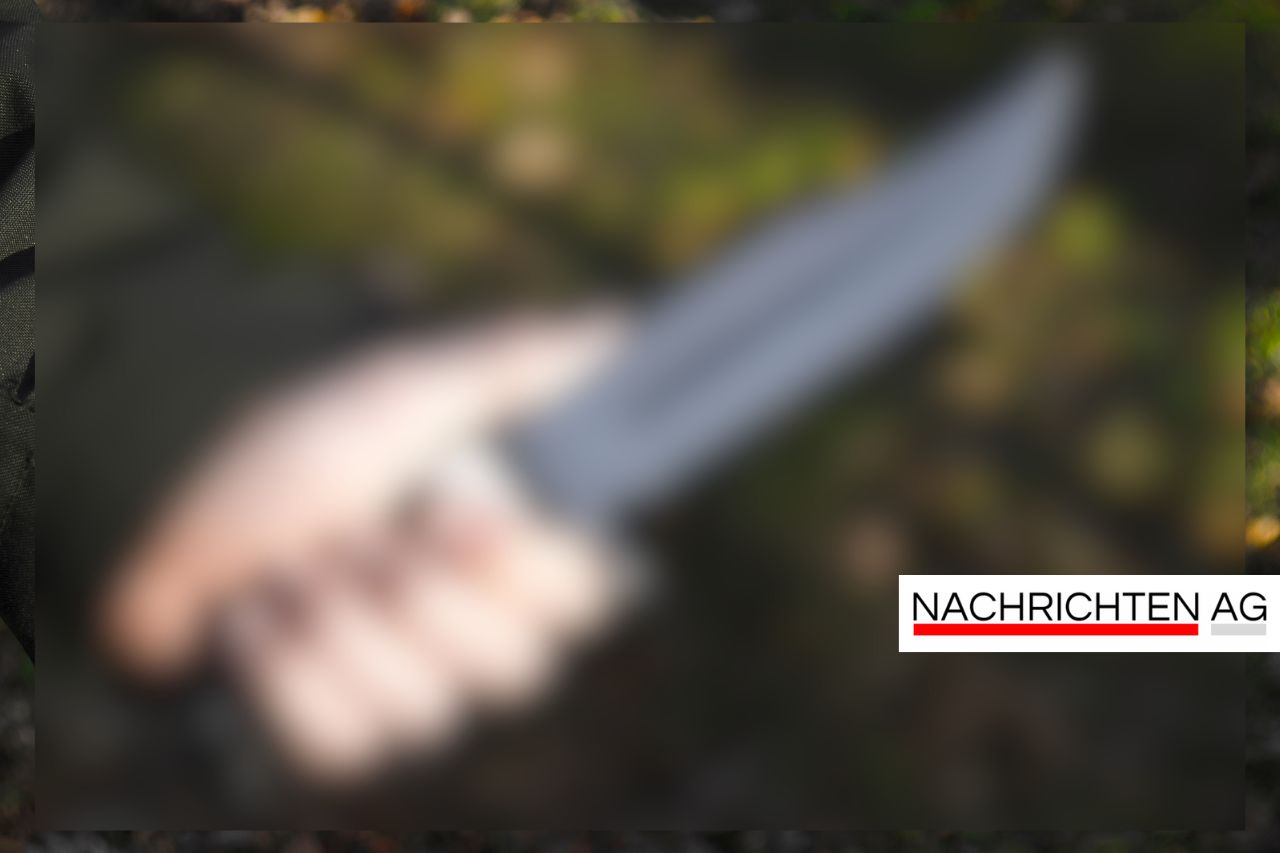
A potential kosher beef slaughterhouse is making headlines in western Martin County, and it’s stirring up quite the conversation. Located near Lake Okeechobee, this facility, if established, would be the first kosher slaughterhouse on the Treasure Coast. Currently, the area has just one federally inspected slaughterhouse operating in Vero Beach. According to TCPalm, there are 19 slaughterhouses across Florida as reported by the U.S. Department of Agriculture, but this proposed venture is notably distinct due to its kosher certification.
Tuny Mizrachi, the owner of Chancey Bay Ranch, is leading the charge for this endeavour. Recently informed by the Florida Department of Agriculture and Consumer Services, she found out her plans are exempt from local county regulations regarding slaughterhouses. This is pivotal as Mizrachi previously faced hurdles when her application to build a sizable 56,784-square-foot facility at 8451 Southwest Conners Highway was initially classified as an industrial use, which wasn’t permitted under the A-2 zoning district.
What’s Special About Kosher Slaughter?
The kosher slaughtering process is steeped in tradition and aims to minimize animal suffering. Animals can only be considered kosher if they are ruminants with split or cloven hooves, including cattle, sheep, and goats, as Niche Meat Processing outlines. The slaughter method involves a process called shechita, performed by a trained Jewish male known as a shochet. Armed with a special knife known as a chalef, the shochet swiftly cuts the jugular vein and carotid artery, ensuring a rapid death designed to minimize pain. The knife is regularly inspected to ensure there are no defects that could affect the process.
Moreover, proper kosher practices don’t just stop with the slaughter; a trained inspector must assess the carcass for any defects. For meat to be certified kosher, the slaughter and processing facility must be accredited, adhering to both kosher standards and USDA regulations. This ensures that while the methods may differ from conventional practices, the wholesomeness of the product remains intact.
Humane Practices Under Scrutiny
In the world of kosher slaughter, there’s always a focus on humane treatment. Recently, concerns have been raised, recalling incidents at AgriProcessors’ kosher slaughterhouse in Iowa that raised eyebrows after a PETA video surfaced. Critics pointed fingers at humane treatment standards, albeit Jewish law emphasizes humane treatment and prohibits unnecessary pain. The Orthodox Union has stepped in to defend kosher practices, stating that the shechita process leads to an animal becoming unconscious within seconds, with research supporting humane treatment as defined by the Humane Slaughter Act.
As for Mizrachi’s venture, cattle processed at this soon-to-be facility may come from Chancey Bay Ranch and beyond, with all beef destined to be packaged under Mizrachi’s proprietary brand. Although timelines for construction and opening are still unclear, the potential impact of a kosher slaughterhouse in Martin County could resonate throughout the local community, fulfilling a niche that is currently underserved.
The local community’s reaction remains to be seen as discussions unfold around the regulations and ethical practices at play. However, there is something to be said for the growing interest in humane and certified food production, which could pave the way for enhanced agricultural practices right here in Florida.
